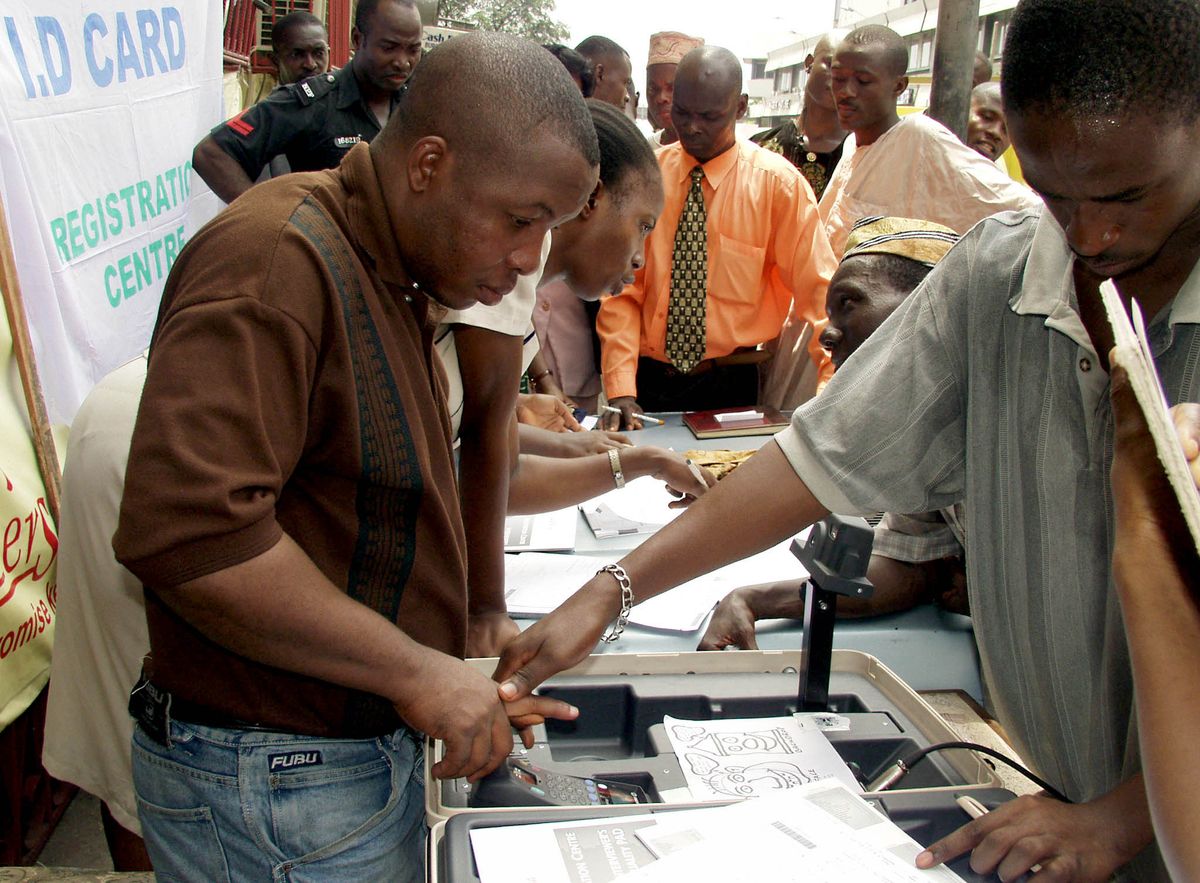In your pocket there’s something at the center of one of today’s most profound technological and political shifts: an ID. Around the world, over 100 countries are pushing their citizens towards standardized biometric national identification systems to improve the provision of government services and reduce fraud.
We’ve written before about India’s Aadhaar initiative, a digital ID and biometrics program, which has registered over a billion people, or more than 90 percent of India’s population. In Nigeria, the government is moving to make a similar scheme mandatory for all recipients of government services. The National Identification Number, or NIN, which was introduced in 2014, hasn’t had the success as Aadhaar—with only 15 percent of Nigerians signing up to date.
That could now change, and the lesson of Nigeria’s experiment sheds a light on the opportunities and challenges of this important technology:
Better services vs higher costs: As with Aadhaar, Nigeria’s digital ID has the potential to cut fraud and smooth the way for millions of poorer citizens to receive government services more easily. Through the scheme, Nigerians will be granted greater access to banks, insurance, and pensions. But along with better services also comes higher costs. Today, only around one-in-four Nigerians pays taxes. The government hopes that the national identification number will help to bring that up, by expanding their ability to track and tax individuals’ incomes.
Ambition vs implementation: Signing up millions of people by the January deadline will be a logistical nightmare. In Nigeria, many people, particularly in rural areas, live far from the government offices where biometric details are harvested, and it’s not clear that the government has the capacity to pull off a crash registration program. But overcoming this initial hurdle could pay big dividends by, for example, enabling the government to provide aid and services to around 2 million internally displaced Nigerians.
Security vs privacy: The biometric system could also help to stem the cross-border movements of Boko Haram, an Islamic militant group concentrated in northeastern Nigeria. The militants had earlier been caught producing fake IDs—an attempt to skirt army border checks. The flipside: keeping so much sensitive citizen data in one place is an invitation to hackers and criminals to try to steal it. There’s also the risk that, without the proper controls or safeguards, a system that tracks its citizens so closely could open the door to mass surveillance.

















